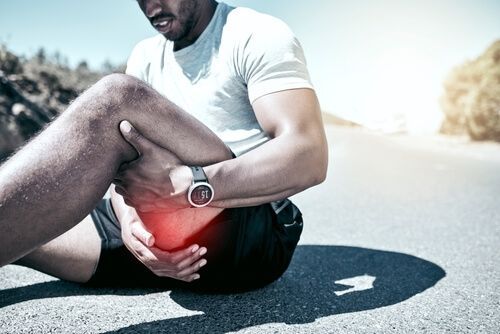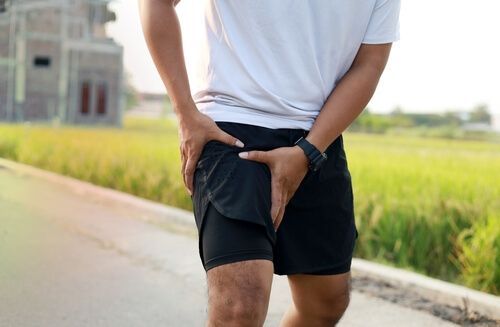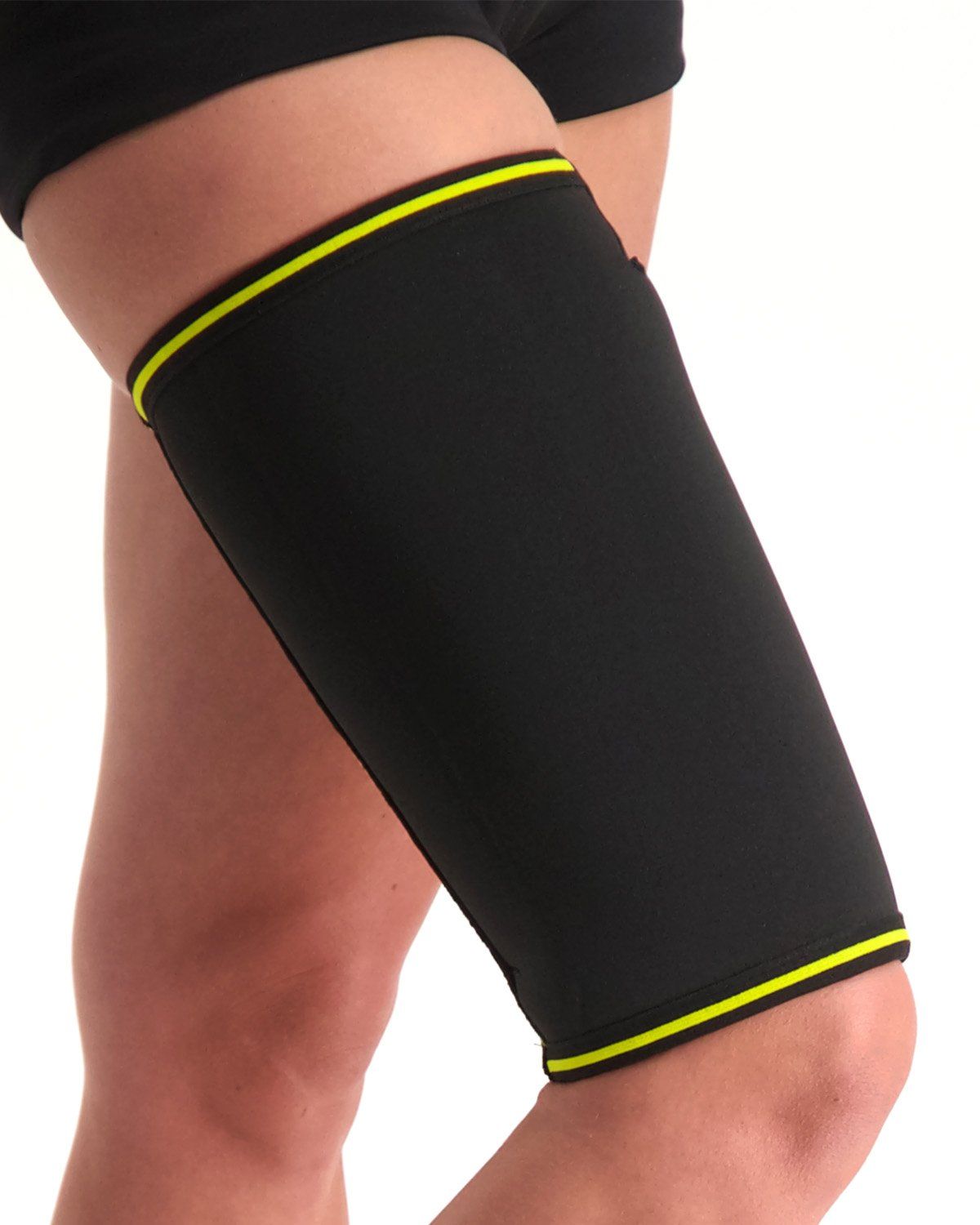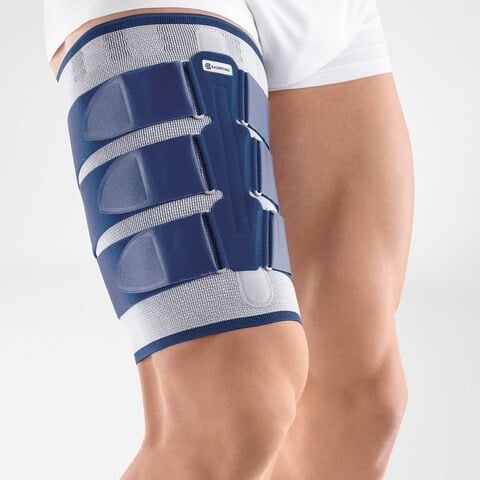Hamstring Injury
A hamstring injury typically occurs during sports. It can happen when you sprint, make an explosive start, or suddenly slow down. However, it can also occur in everyday life, for example when you make an awkward movement. Curious to learn more, such as how it is treated? Feel free to read on. We’ll explain it to you clearly.
What is a hamstring injury?
The muscles at the back of the thigh are called the hamstrings. Injuries to the hamstrings usually occur during sports, but they can also happen in daily life. A sudden wrong movement can cause one of the muscles to tear or strain. You will then feel a sharp pain right in the middle of your hamstring.

The symptoms of a hamstring injury
With a hamstring injury, you’ll feel a sharp pain in the back of your thigh. This is often accompanied by a cramping sensation. As a result, bending your leg becomes difficult and walking is very painful. Stretching or tensing the muscle also causes pain. The affected area may become stiff. In some cases, a bruise may appear on the back of the thigh after a few days.

The treatment
If the hamstring injury has just occurred, it’s important to avoid painful movements until you know how serious it is. It’s important to rest for the first few days. Being able to walk, jog, or go up stairs without pain does not necessarily mean you’re ready to return to sports. There is a big difference between daily activities and explosive movements during sports. We recommend stretching the muscles briefly every day. This helps prevent the hamstrings from becoming stiff. In most cases, you can resume sports after 4 to 6 weeks. Wearing a thigh brace can provide support when getting back to activity.
Preventing a hamstring injury
If you’ve had a hamstring injury before, you’re more likely to experience it again. That’s why it’s important to regularly do specific exercises. A thorough warm-up beforehand and a cool-down afterward are essential to prevent another injury. When your muscles are properly warmed up, the chance of a strain or tear is much lower.

Novamed Thigh Support

Dunimed Adjustable Hip Brace - Thigh - Groin Support

Gladiator Sports Womens Compression Shorts

Gladiator Sports Men's Compression Shorts

Bauerfeind Myotrain Thigh Brace - Upper Leg Brace

- Physiotherapist
- Sports podiatrist
- Manual therapist
- Podopostural therapist
- Myofascial dry needling specialist


